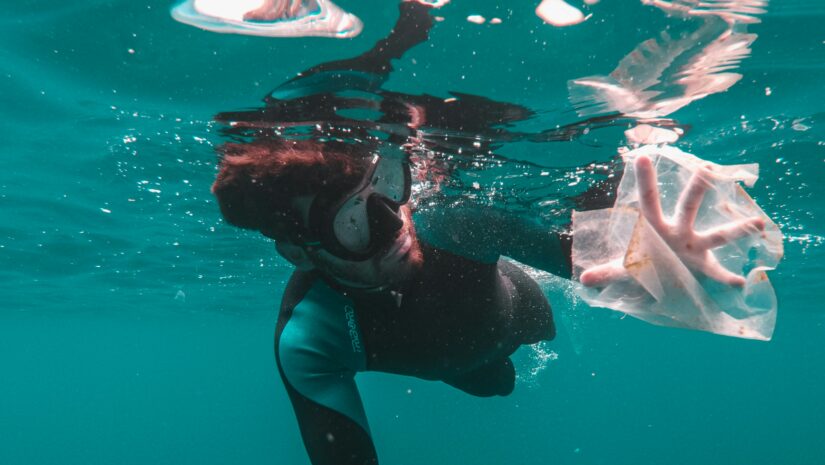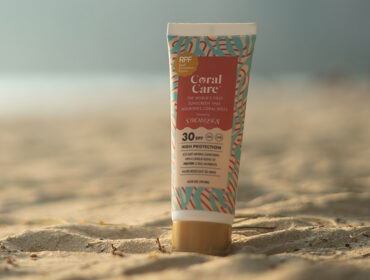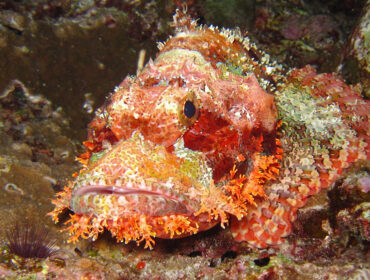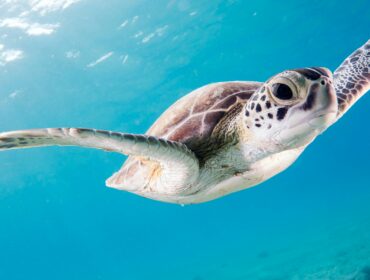As divers, we’re privileged to explore the underwater world, but with that privilege comes a responsibility to protect our marine ecosystem. Our oceans face numerous threats, from climate change to overfishing.
One of the most insidious and pervasive problems is marine debris, especially plastic pollution. We cause this, but we can all do ocean conservation efforts with simple yet impactful actions like recycling.
The first step? Debunking popular recycling myths.
Unmasking the Recycling Myths
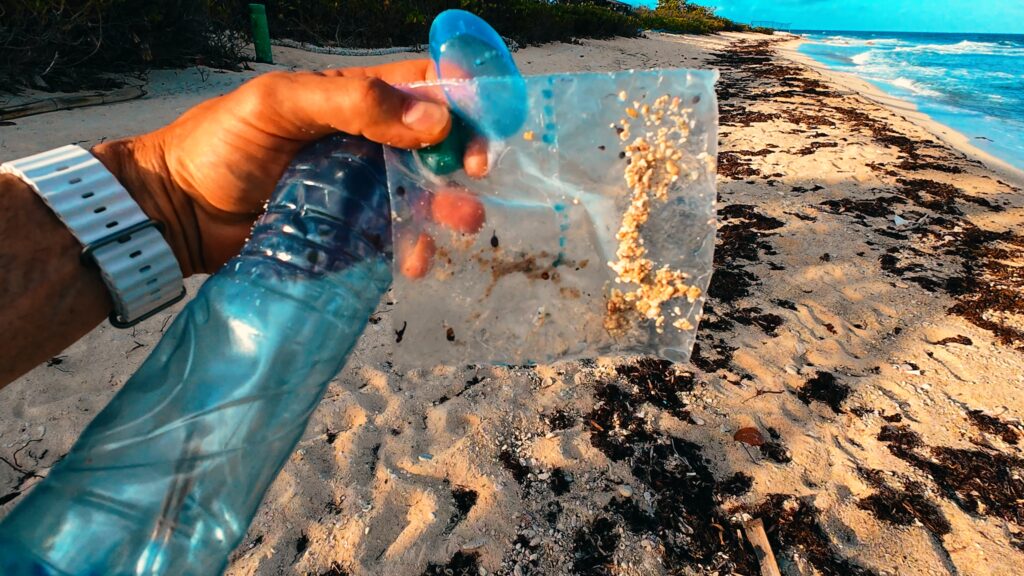
Recycling myths might be obviously false to some, but it still helps to set the record straight. Especially when misconceptions can hinder our efforts.
“All Plastics Are Recyclable”
This is far from the truth. The resin identification codes (those little numbers on plastics that look like a recycling symbol) specify that the plastic packaging is made from one of six different types of plastic. The resin identification code does not indicate whether or not your local recycling facility can recycle it. Don’t assume – in North America you can check your local recycling guidelines using the Earth911 website.
“Styrofoam is Recyclable”
Styrofoam is NOT recyclable and should not be placed in recycling bins. Although technically Styrofoam can be recycled, it’s highly inefficient to do so, according to Recyclefoam.org.
“Wishcycling is Helpful”
“Wishcycling,” or throwing questionable items in the recycling bin hoping they’ll be recycled, actually does more harm than good. It can contaminate an entire bin, sending perfectly good recyclables to the landfill. Items like the following are not suitable for curbside recycling: dirty containers, paper towels, disposable cups, takeout containers with food residue, electronics, batteries, paint, coffee pods, diapers, and styrofoam.
“It’s Just One Straw/Bottle/Bag”
Every piece of plastic counts. Removing seemingly small items can contribute to ocean conservation efforts. Plastic isn’t biodegradable; it breaks down into smaller and smaller microplastics that infiltrate the food chain, affecting marine life from tiny plankton to the largest whales. Recent studies show microplastics have even made their way into human reproductive systems, which is a real cause for concern.
The Recycling Ripple Effect: Protecting Our Underwater Paradise

Proper recycling has a direct and positive impact on the marine environment:
Safeguarding Marine Life
Sea turtles often mistake plastic bags as food. Seabirds ingest bottle caps and other plastic fragments, leading to starvation. Marine animals become entangled in plastic bags or fishing nets, suffering injury and death. Recycling drastically reduces the amount of plastic entering our oceans, protecting countless marine animals.
Preserving Coral Reefs
Coral reefs, the “rainforests of the sea,” are vital to our underwater ecosystem, coral reefs support more species than any other marine environment. Plastic pollution can smother corals, block sunlight, and introduce toxins. By recycling properly, we help to protect and preserve these delicate habitats.
Combatting Climate Change
The production of new plastic requires vast amounts of energy, often derived from fossil fuels, which contribute to greenhouse gas emissions. Recycling reduces the need for new plastic production, thereby helping to mitigate climate change.
How to Effectively Recycle

As divers, we can go beyond the basics to maximize our impact:
- Reduce and Reuse: Before recycling, prioritize reducing your plastic consumption and reusing items whenever possible. Cutback and make it a goal to eliminate single-use plastics. Opt for reusable water bottles, shopping bags, and food containers.
- Rinse and Empty: Clean out food and beverage containers before recycling. This prevents contamination and ensures the materials can be properly processed.
- Know Your Plastics: Familiarize yourself with the resin identification codes and which types of plastics are accepted in your area.
- Recycle Beyond the Curb: Many items can’t be recycled curbside but are accepted at specialized facilities. Research your local drop-off locations for plastic film, plastic bags, batteries, electronics, and other hard-to-recycle items.
- Spread Awareness: Talk to your fellow divers, friends, and family about the importance of recycling for ocean conservation. Share tips on social media and encourage others to join the effort.
The Dive Community’s Impact

Imagine a global community of divers committed to recycling and sustainability. Our collective actions can create a powerful wave of change. By choosing eco-friendly dive operators, supporting businesses with sustainable practices, and advocating for policies that protect our oceans, we can ensure a healthy future for the underwater world we cherish.
Let’s Dive into Ocean Conservation
Debunking and unlearning recycling myths is just one piece of the puzzle, but it’s a crucial one. By committing to proper recycling, we’re not only reducing our environmental footprint but also actively participating in the conservation of our oceans. We believe we call all make a difference. Let’s continue to explore, learn, and protect our Oceans. Let’s dive for change — for ourselves and our Oceans.

